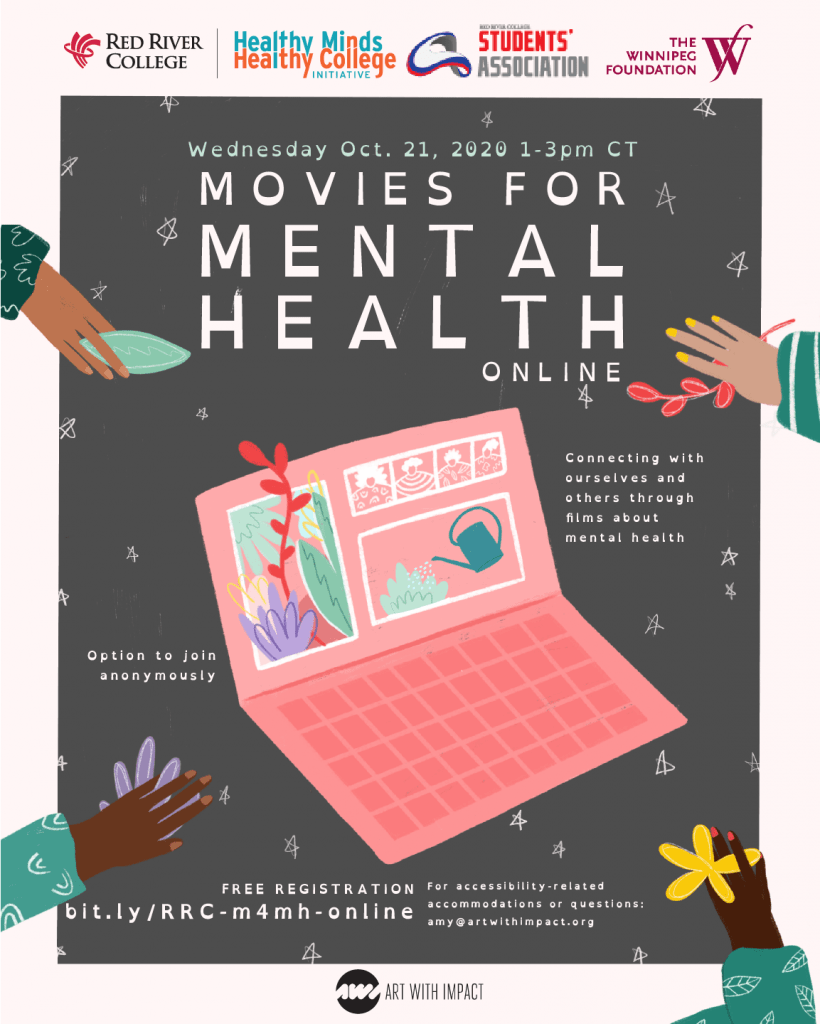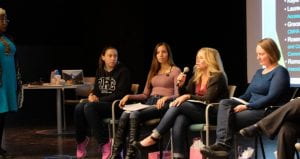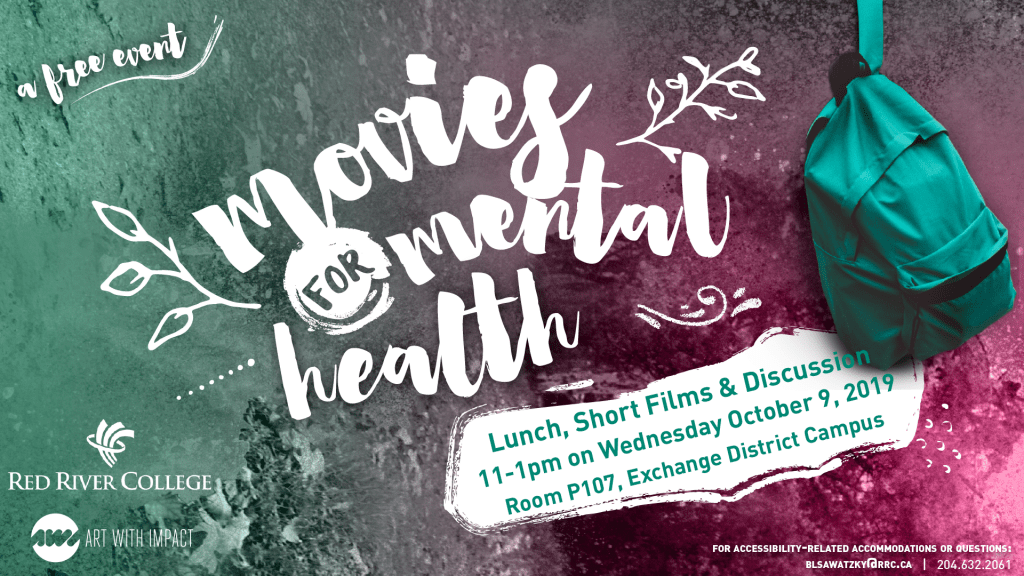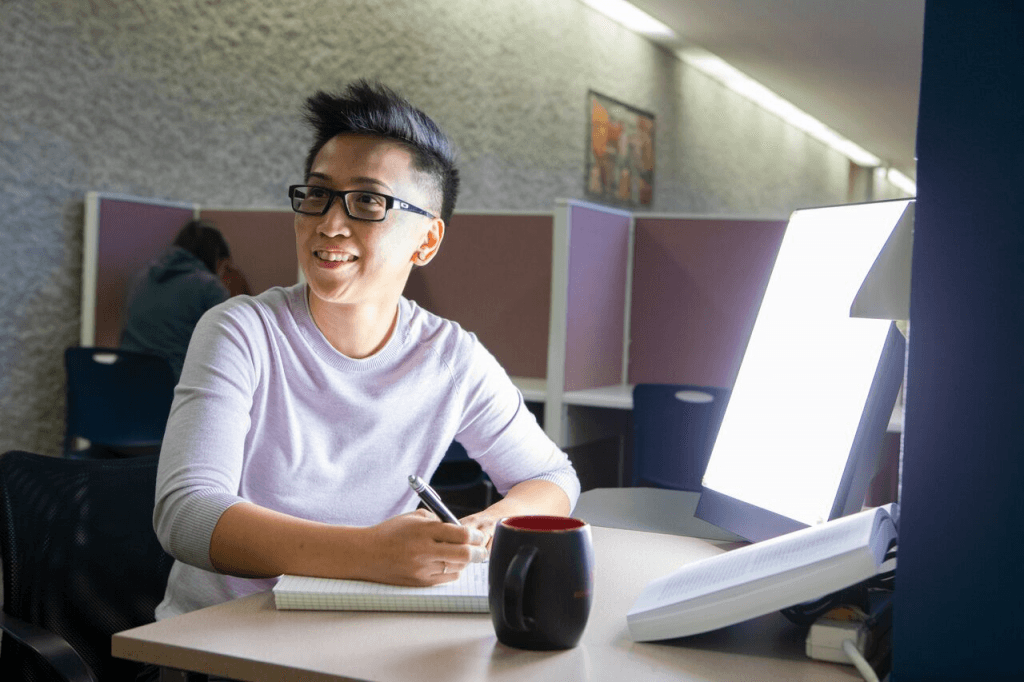Mental Illness Awareness Week: A time for understanding
Mental Illness Awareness Week (MIAW) is an annual national public education campaign designed to help open the eyes of Canadians to the reality of mental illness. At any given time, 1 in 5 Canadians are experiencing a mental illness, yet the topic is often surrounded by silence and shame.
The rapid change and stress brought about by the COVID-19 pandemic has put even more strain on people, making this the ideal time to talk about mental illness openly and respond to everyone with compassion. There are many ways that you can observe Mental Illness Awareness Week; below are a few suggestions.
Faces of Mental Illness Campaign
The Faces of Mental Illness is a national outreach campaign featuring the stories of Canadians living in recovery from mental illness. Each year several Faces of Mental Illness are highlighted. Check out these lived experience stories to expand your own understanding.
Movies for Mental Health Event
Register for our first virtual Movies for Mental Health event, which takes place the afternoon of Wednesday, October 21. This free virtual workshop uses the power of film to unite folks in community, connection, and conversation.
Learn About Supports Available to RRC Staff and Students
Exploring available mental health services prepares you to take those important first steps when you need to seek help. It also prepares you to support others, directing them to supports when they are in need.
The Wellness microsite contains information on supports for students, supports for staff, crisis resources, and supports for all. Spend a bit of time exploring these.
A Confidential Consultation
If you feel overwhelmed by the many options, book a confidential consultation with Mental Health Coordinator, Breanna Sawatzky, who can help you select a place to begin.
Mental illness is a reality for many, including our coworkers, students, family members, friends and ourselves. Having solid knowledge about the realities of mental illness as well as resources for healing can help us all feel more understood and supported. So, this Mental Illness Awareness Week, take some time to enhance your own understanding.










